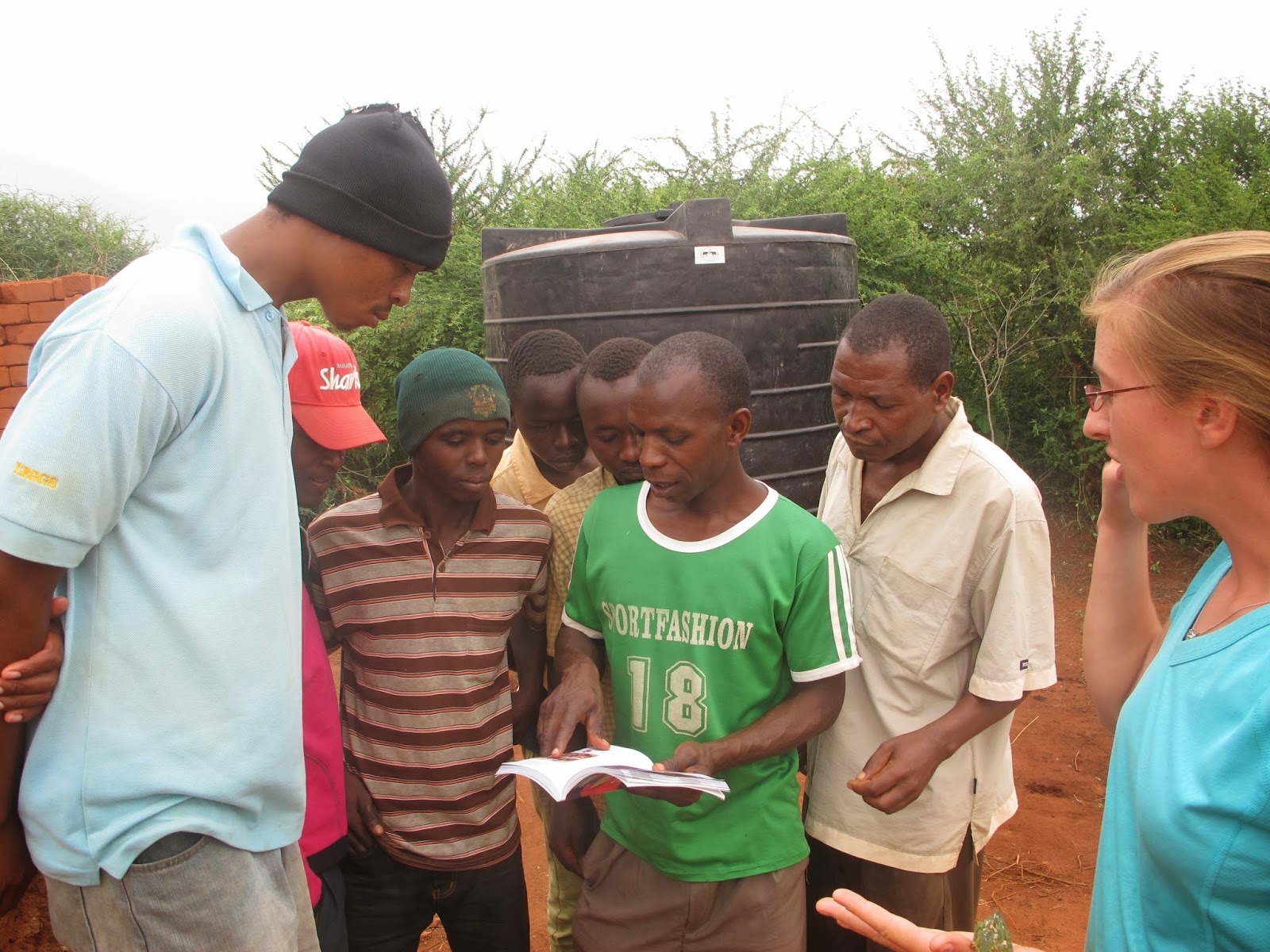On
my way back home to the USA, I reflected on my time in Kenya with the Elephants
and Bees Project and Save The Elephants...
That
was the craziest, most random, and challenging adventure I've ever had in my
life. The majority of my time there, I had no
idea what I was doing! Yet, here I am, almost four months later leaving
behind the official Elephants and Bees Research Center.
How
strange is it that I now intimately know every employee at a hardware store in
Voi, and that I have avoiding potholes in the dirt road to Mwakoma down to a
science? I ate ugali and skuma wiki with my hands. I washed clothes with a
scrub brush and bathed out of a bucket. I named elephants and wrangled with
bees and tried my best to learn a bit of Swahili. I routinely shared tea with
people who have completely different backgrounds and perspectives than I.
I helped build
a research center that aims to reduce human-elephant conflict in the Tsavo
ecosystem.
My
experiences in Kenya will never be fully understood by folks back home, nor am
I returning with a picture perfect album of African savannas full of the big
five (although Tsavo was beautiful).
My conservation work in the community was something that can never be taught in
a classroom, and the lessons I learned along the way were quite a bit more
difficult than I imagined. It takes a great deal of patience and understanding
to live and work to conserve in a traditional village like Mwakoma, but the
people are eager to learn, if you're willing to teach.
That
is why I am so excited about this center. Along with attracting scientists from
around the globe to use Sagalla as their base for research (I myself hope to
return as a graduate student), it also functions as a local resource for
environmental education. Further understanding of ecological and agricultural principles could make a huge difference in the food security in this area, as well
as increase their beehive occupancies and honey production of our beehive fence
farmers.
I
temporarily leave the center with confidence. An intensive pollination study is
just getting started at the same time that Lucy and Joseph conduct
their playback research on the Tsavo elephants. My friends and co-interns are
working out ways to better predict when hives are ready for harvest and change
the attitudes communities have towards wildlife, and new inquiries for
volunteers, students, and interns are beginning to come in. We've had visitors
such as Iain Douglas-Hamilton and Fritz Vollrath, the Zoological
Society of London and the Tsavo Trust, and I predict more will come. I see huge
potential in this center, and I cannot wait to see how it progresses.














